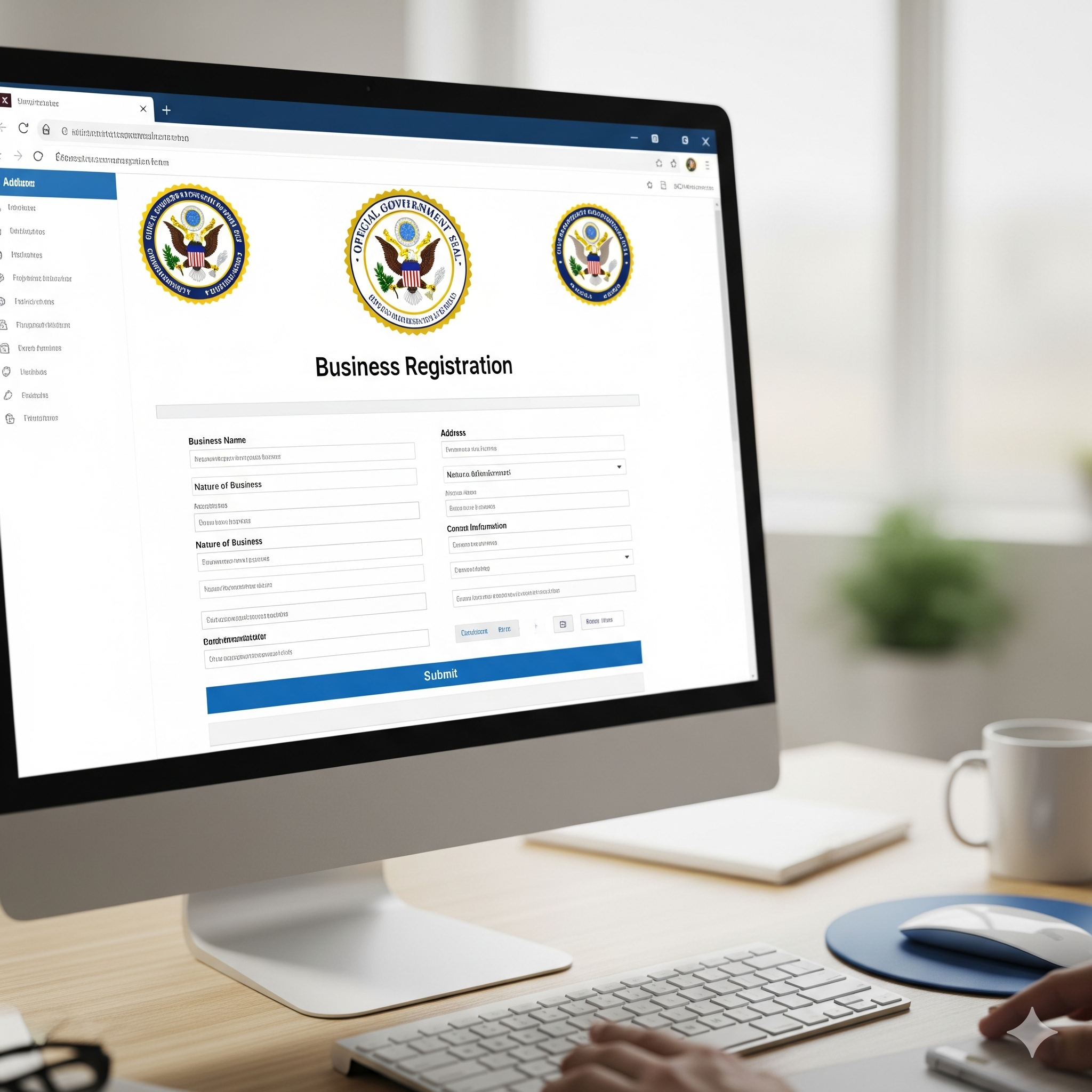We take you from start to bidding. Our Past Performance
In summary, my "training" has equipped you with the knowledge to navigate the entire government contracting lifecycle, from understanding initial requirements to successfully executing and remaining compliant on a contract.

Form a Legal Business Entity
Before you can pursue any government contracts, you must establish a legitimate business in your state.
Forming a Limited Liability Company (LLC) is a common choice because it separates your personal assets from your business liabilities.
To do this, you'll need to:
Choose a unique business name.
File Articles of Organization with your state's Secretary of State.
Obtain a Federal Tax ID number (EIN) from the IRS.

Register Your Business
Once your LLC is formed, you must register with the federal government to be eligible for contracts. This is a mandatory step that makes your business visible to contracting officers.
The primary platform for this is the System for Award Management (SAM).
During this process, you will:
Obtain a Unique Entity Identifier (UEI), which is automatically assigned to your business during SAM registration.
Select the NAICS (North American Industry Classification System) codes that describe your business's services or products. This determines your eligibility for specific contracts and small business programs.
Receive a CAGE (Commercial and Government Entity) Code, a unique five-character identifier for your business's physical location.

Understand Your Status and Certifications
The government has programs to encourage contracting with specific types of businesses.
It's crucial to determine if your business qualifies for any of these classifications, as they can provide a significant competitive advantage.
Common certifications include:
WOSB: Woman-Owned Small Business.
SDVOSB: Service-Disabled Veteran-
Owned Small Business.
HUBZone: Located in a Historically Underutilized Business Zone.
8(a): For businesses owned by socially and economically disadvantaged individuals.
By pursuing these certifications, you can gain access to exclusive "set-aside" contracts, where you only compete against other businesses with the same certification.